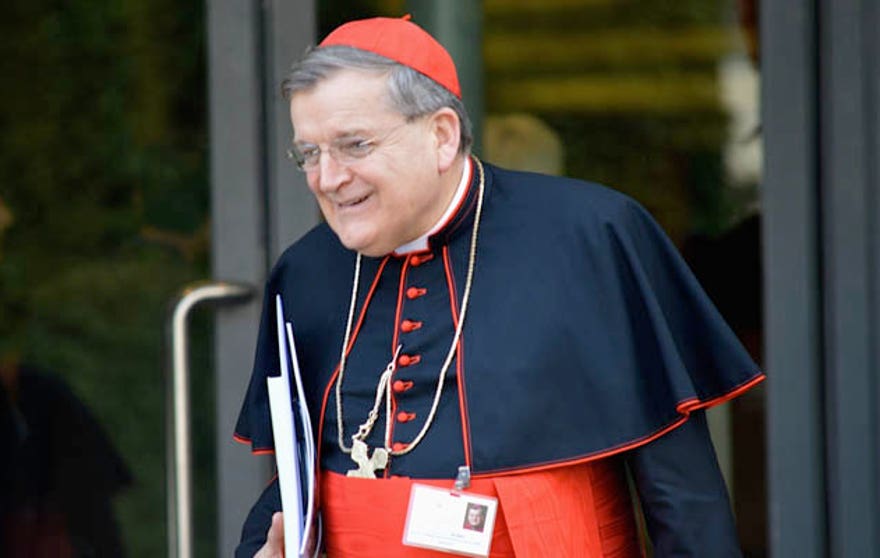There have been voices of protest by some conservatives since Jorge Mario Bergoglio was elected in 2013, with American-based conservative blog “Rorate Caeli” posting an article about the new pope on the day he was elected called “The Horror!” Concern and even anger at what conservatives in the Church perceive to be growing confusion and lack of clarity in regards to Church doctrine continued to grow, culminating in the near mutiny following the October meeting, known as an Extraordinary General Assembly of the Synod of Bishops.
The Synod was called by Francis to discuss the topic of the family, and Francis encouraged bishops to speak openly about controversial topics. But when he assigned German Cardinal Walter Kasper -- the de facto leader of the progressive wing of the Church and long-time antagonist of Pope Benedict XVI -- the job of setting the agenda, conservative anger ignited.
A working document for the session, released in early October, expressed views that represented a radical shift from traditional Catholic teaching. The document opened up the possibility of admitting divorced and remarried couples to Holy Communion and instructed pastors to avoid “any language or behavior which might be construed as discrimination,” while also calling for greater acceptance of gays.
The language on the latter was in stark contrast to previous expressions by the Church that, while condemning “unjust discrimination,” described homosexuality in a 1986 document as a ”tendency ordered toward an intrinsic moral evil; and thus...must be seen as an objective disorder.”
The synod document elicited what Allen called “a tsunami of conservative backlash” with Voices of the Family, a coalition of pro-life groups, slamming the document as a betrayal, “one of the worst official documents drafted in Church history.”
Although the apparent change in tone was praised by many media outlets, conservative bishops and cardinals across the globe condemned the document and the pope’s handling of the Synod, yet it was in America in particular where fingers were pointed directly at the pope.
“You might say that the Synod was a a turning point for conservatives, the end of the honeymoon,” Zuhlsdorf told FoxNews.com.
In the aftermath, now-silent American bishops had plenty to say.
“Pope Francis is fond of creating a mess," Bishop Thomas Tobin of the Diocese of Providence, wrote in a blog post. "Mission accomplished.”
Said Archbishop Charles Chaput, a leading conservative bishop: “Confusion is of the devil.”
But both Tobin and Chaput declined comment, following the stunning demotion of Burke, who blasted Francis for allowing Kasper to exercise such powerful influence over the Church's direction.
“The Pope named Cardinal Kasper to the Synod and has let the debate go along this track,” Burke said in an interview with Il Foglio. Meanwhile, in another interview, for Catholic World Report, Burke said that a statement from the pope affirming Catholic teaching was “long overdue."
Burke was toughest on Francis for the Kasper connection, noting in an interview with Buzzfeed that Kasper’s implicit claim to be speaking for the pope has not been corrected by the pontiff and “the lack of clarity about the matter has certainly done a lot of harm.”
Cardinal Raymond Burke's stunning demotion seems to have stopped a conservative revolt against Pope Francis, at least for the time being. (The Associated Press)
Burke, who was prefect of the Supreme Tribunal of the Apostolic Signatura -- the highest court in the Vatican and a position of considerable power -- when he spoke out, was shifted to the largely ceremonial role of patron to the sovereign military order of Malta. Burke, whose demotion is without precedent in recent Church history, has since denied that he is attacking Francis, yet many remain unconvinced.
Read more: Cardinal's demotion helps Pope Francis quell 'conservative backlash' -- for now | Fox News

No comments:
Post a Comment